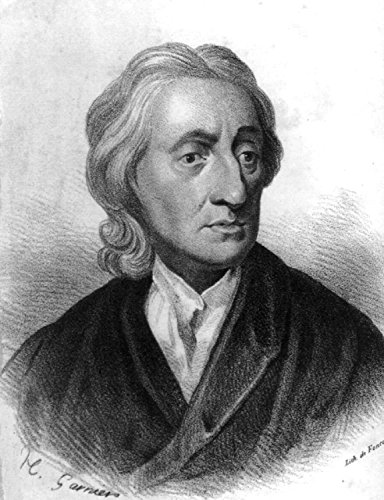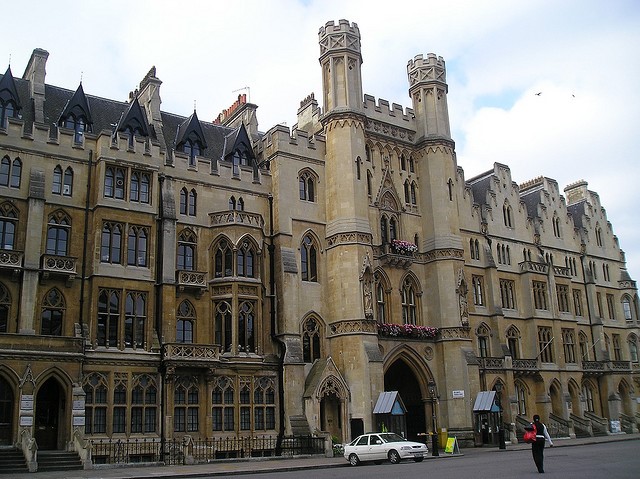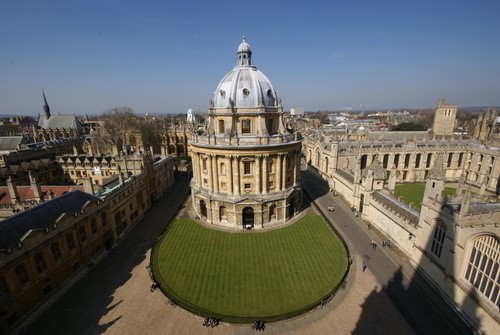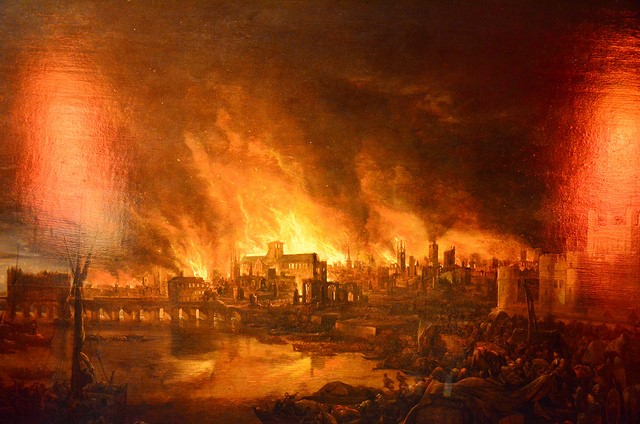
English philosopher whose pioneering beliefs of liberalism would heavily influence the Enlightenment and various political revolutions.
Below is an excerpt from a biography of John Locke included with our books.
| Title | Published |
|---|---|
| Two Treatise of Government | 1689 |
| Some Thoughts Concerning Education | 1693 |
The birth date of John Locke’s birth was recorded on Aug 29, 1632 at Wrington in Somerset, UK. His father was a country lawyer and his mother was Agnes Keene. Locke grew up in a market town of Pensford near Bristol.
In 1647, Locke was sent to the prestigious Westminster School in London. Locke was awarded a bachelor’s degree in 1656 and a master’s degree in 1658 from Oxford.



In 1667 Locke moved into Shaftesbury’s home at Exeter House in London, to serve as Lord Ashley’s personal physician. In 1675, Locke spent some time travelling across France as tutor and medical attendant to Caleb Banks.
He returned to England in 1679 when Shaftesbury’s political fortunes took a brief positive turn. Around this time, most likely at Shaftesbury’s prompting, Locke composed the bulk of the Two Treatises of Government.
Locke fled to the Netherlands in 1683. In the Netherlands, Locke had time on re-working the Essay and composing the Letter on Toleration. Locke did not return home until after the Glorious Revolution. Locke went back to England in 1688 and the bulk of Locke’s publishing took place including Essay Concerning Human Understanding, the Two Treatises of Civil Government and A Letter Concerning Toleration.
Locke’s close friend Lady Masham invited him to join her at the Mashams’ country house in Essex. He nevertheless became an intellectual hero of the Whigs. During this period he discussed matters with such figures as John Dryden and Isaac Newton.
Events that happened during Locke’s lifetime include the English Restoration, the Great Plague of London and the Great Fire of London. He did not see the Act of Union of 1707. Constitutional monarchy and parliamentary democracy were in their infancy during Locke’s time.
John Locke died on 28 October 1704, and was buried in the churchyard of the village of High Laver, east of Harlow in Essex, where he had lived in the household of Sir Francis Masham since 1691. Locke never married nor had children.
